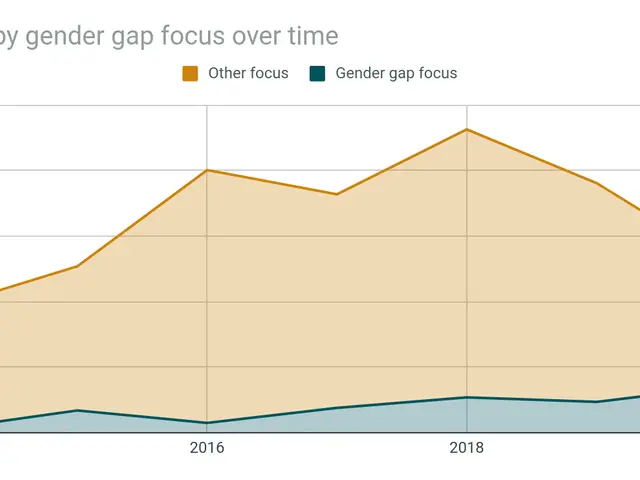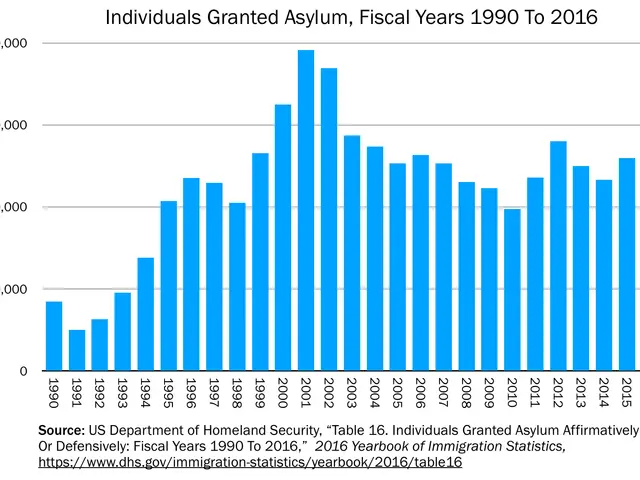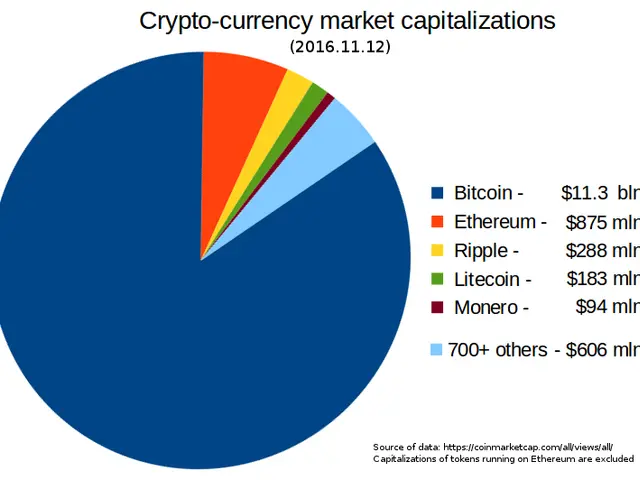Appellate court overturns judge's penalties against Trump administration in prison-centered expulsions of immigrants
In a significant ruling, an appeals court panel has overturned a contempt finding against President Donald Trump's administration in a case over deportations to an El Salvador prison. The decision marks a significant conflict between the judicial and executive branches of government.
The dispute centers around a contempt finding by U.S. District Judge James Boasberg against the Trump administration for defying his court order to halt deportations of migrants to a notorious prison in El Salvador. Judge Boasberg found probable cause to hold the administration in criminal contempt for removing migrants under the Alien Enemies Act, despite his injunction that ordered the migrants to be returned to the U.S.
The case sparked a clash between the judiciary's authority and executive power over foreign policy and immigration enforcement. The Trump administration invoked the Alien Enemies Act, an 18th-century wartime statute, to deport alleged migrant gang members, claiming a national security threat. Judge Boasberg issued an injunction blocking the removals and ordered any planes headed to El Salvador to return to the U.S. However, the government continued deportations, sending multiple flights to El Salvador's CECOT mega-prison.
In early 2025, Judge Boasberg ruled that there was probable cause to find the administration in criminal contempt for removing migrants despite his order. The administration deported two planes of Venezuelan migrants, allegedly associated with criminal gangs, to the Terrorism Confinement Center (CECOT) prison in El Salvador, which raised legal and human rights concerns. Boasberg also accused the Trump administration of rushing deportees out of the U.S. before they could challenge their removal in court.
However, the divided three-judge panel in the nation's capital found that Boasberg had exceeded his authority and intruded on the executive branch's foreign affairs powers. The decision states that the district court's order attempts to control the Executive Branch's conduct of foreign affairs, an area where a court's power is at its lowest ebb.
The ruling was met with mixed reactions. Judge Cornelia Pillard, appointed by President Barack Obama, dissented from the majority's decision, defending Boasberg’s authority. She wrote that the majority does an exemplary judge a grave disservice by overstepping its bounds to upend his effort to vindicate the judicial authority that is our shared trust.
Lee Gelernt, an ACLU attorney who represented the migrants, disagrees with the decision regarding contempt and is considering further options. Meanwhile, Attorney General Pam Bondi praised the appeals court’s decision as a major victory defending the administration’s actions.
The Justice Department filed a misconduct complaint against Judge Boasberg last month, calling for the case to be taken away from him while an investigation proceeds. The migrants who were held at the Terrorism Confinement Center for months have been released back to their home country in a prisoner swap with the U.S.
This dispute illustrates ongoing tensions between federal courts and the executive branch regarding immigration enforcement and national security, especially under statutes like the Alien Enemies Act with limited judicial oversight. The case remains a notable example of the judiciary-executive power struggle over deportation policies.
- The ruling by the appeals court panel in Seattle has complicated the ongoing power struggle between the judicial and executive branches, particularly regarding immigration enforcement and national security policies, such as those outlined in the Alien Enemies Act.
- The dispute over the Trump administration's decison to defy a court order and deport migrants to El Salvador's CECOT prison has sparked debate among politicians and legal experts, with opinions dividing over the issue of judicial authority and the executive branch's foreign affairs powers.
- The overturning of the contempt finding against the Trump administration in the case of deportations to El Salvador's CECOT prison has raised questions about the balance between court orders and government policies on immigration and foreign affairs, making it a key focus of policy-and-legislation discussions in general news.








